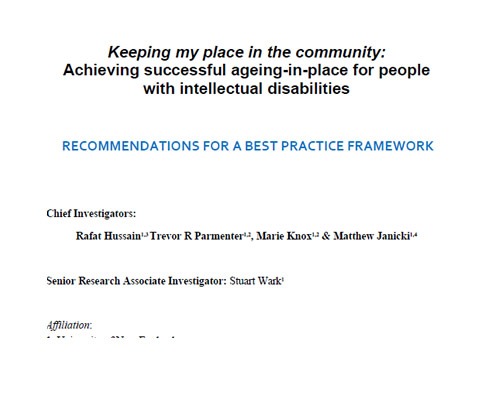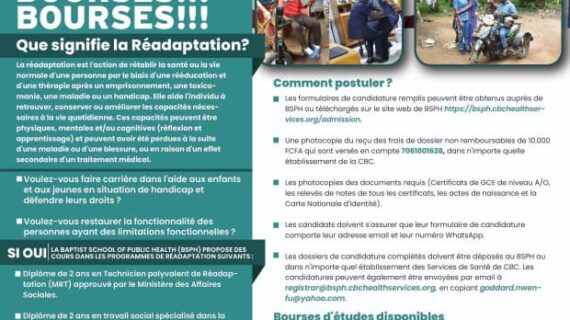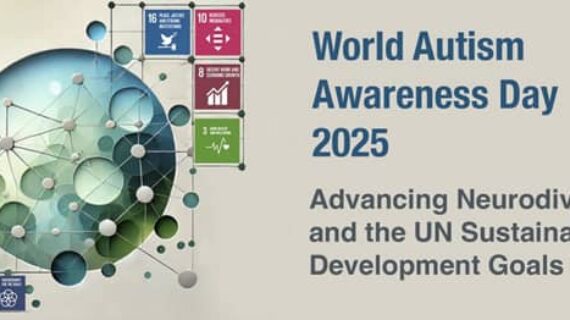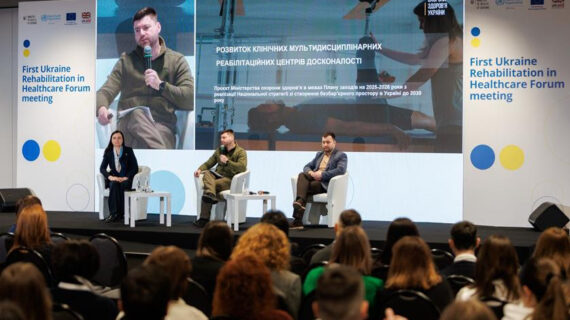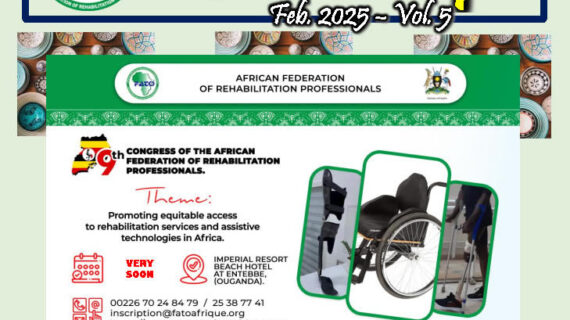Achieving successful ageing-in-place for people with intellectual disabilities
This report summarises the findings and outcomes of a 4-year Australian Research Council (ARC) Linkage project looking at key policy issues and challenges associated with the health and social disparities across two cohorts of community-dwelling older Australians in two states – New South Wales and Queensland. The two specific population groups of interest were: People with Intellectual Disability (PwID) and those who were Ageing without lifelong disability (PwA).
An inherent underpinning of any framework that supports successful ageing, both of people with lifelong intellectual disability and those who may acquire a disability as they age, needs to take account of the particular circumstances, capacity, resources, experiences, interest, perspective and aspirations of each individual across their lifespan. This research found that the concept of ageing is no different for people with lifelong disability when compared to the general population. However, a significant difference is that people with lifelong intellectual disability experience multi-morbidities at an earlier age than their mainstream peers. A holistic focus is required; each person’s needs as they age will be different, depending on their life journey, as every individual has their own story and perceptions of a good life, and their ‘authentic’ self.
Though a “person-centred focus” is a legislated philosophy and objective across both the disability and aged-care services sectors in Australia, it does not appear to be translating into systems and practices that consistently deliver personalised service and good individual outcomes across the board. The achievement of successful ageing and an inclusive life is determined by a complex relationship between barriers and facilitators at the individual and systems/organisational levels, and through broader legislative and public policy instruments. A key finding of this research is that there needs to be a “seamless and integrated care system, across health, allied health, age and disability, and preferably across the life span”.
The Best Practice Framework provides a set of recommendations to mitigate the present issues and lead to improvements at the policy, programs and individual levels to enable successful community-based ageing of people with disability and those without lifelong disability.

